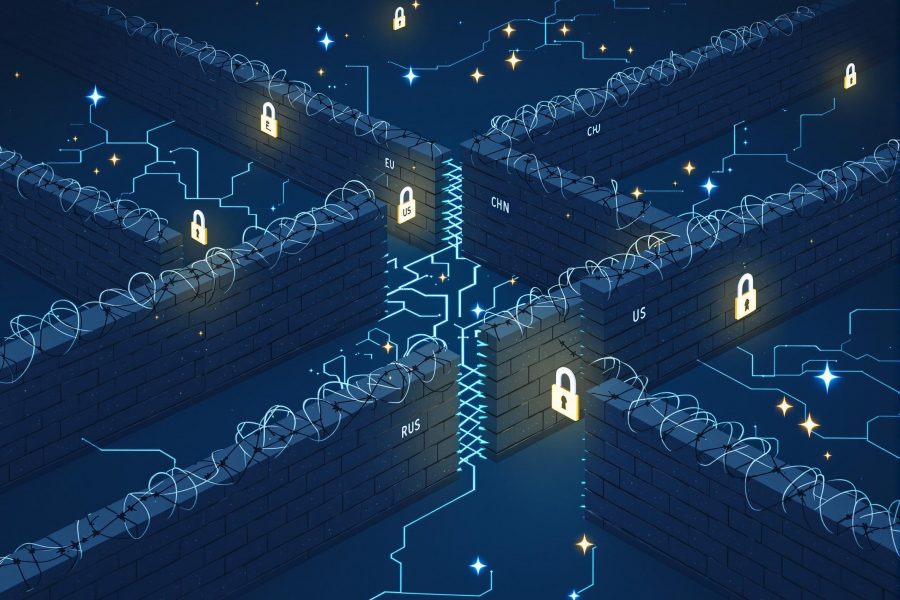
[RESEARCH PAPER] From Rejection to Regulation: Mapping the Landscape of AI Resistance, by Can Simsek and Ayse Gizem Yasar
27 May 2025
Internet Fragmentation’s Outward Turn
This article aims to demonstrate that Internet fragmentation has turned outward. Internet fragmentation is often explained as inward-looking, a way for countries to exert sovereignty and control over a global network within their own borders. But this framing is too simple. Internet fragmentation has shifted from being a tool of domestic politics to a tool of power projection. The means of Internet fragmentation have evolved from filtering, blocking, and banning, to semiconductor export controls, undersea cable sabotage, and contestation of international legal frameworks. Now, states, along with private actors, use Internet fragmentation to deny or degrade the experience of the Internet in other states rather than regulate the experience in their own. This new form of Internet fragmentation shades from protectionism into aggression, a shift that reflects increased global tensions and in turn raises the risks of global conflict.
Illustration generated by Le Chat
About the author:

Professor Mailyn Fidler is an internationally recognized scholar of power, technology, and the law. Fidler teaches and writes in the areas of criminal law, criminal procedure, cybersecurity, cybercrime, and national security law. She has authored several cutting-edge law review articles, including “Fragmentation of International Cybercrime Law” in the Utah Law Review and “Cybersecurity Mission Creep” in the University of Illinois Law Review.
Fidler has presented at influential and invitation-only forums on legal scholarship, including the University of Michigan Law School’s Junior Scholars’ Conference. Fidler’s work has also drawn attention from policymakers. Last fall the governments of the United Kingdom and France invited her to participate in the Pall Mall multilateral process on regulating spyware held in Paris.
Fidler is currently a Visiting Assistant Professor at Harvard Law School, a faculty affiliate at Yale Law School’s Information Society Project, and a faculty associate at Harvard Law School’s Berkman Klein Center for Internet & Society, where she was previously an affiliate and resident fellow. She is on the faculty of the University of New Hampshire Franklin Pierce School of Law and holds degrees Yale Law School, Oxford University and Stanford University.

![[RESEARCH PAPER] Internet Fragmentation’s Outward Turn, by Mailyn Fidler Slide](http://www.sciencespo.fr/public/chaire-numerique/wp-content/plugins/revslider/public/assets/assets/dummy.png)
